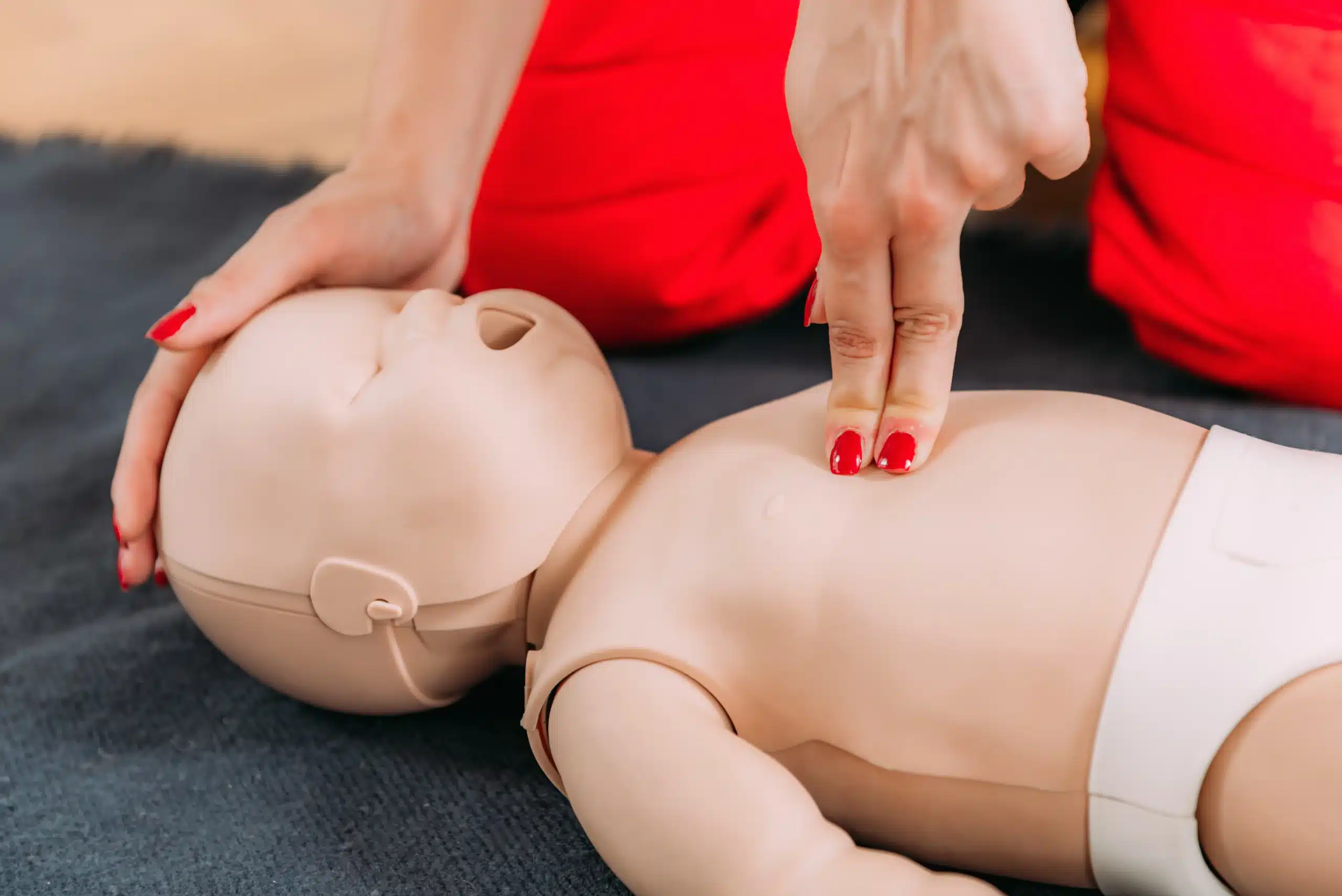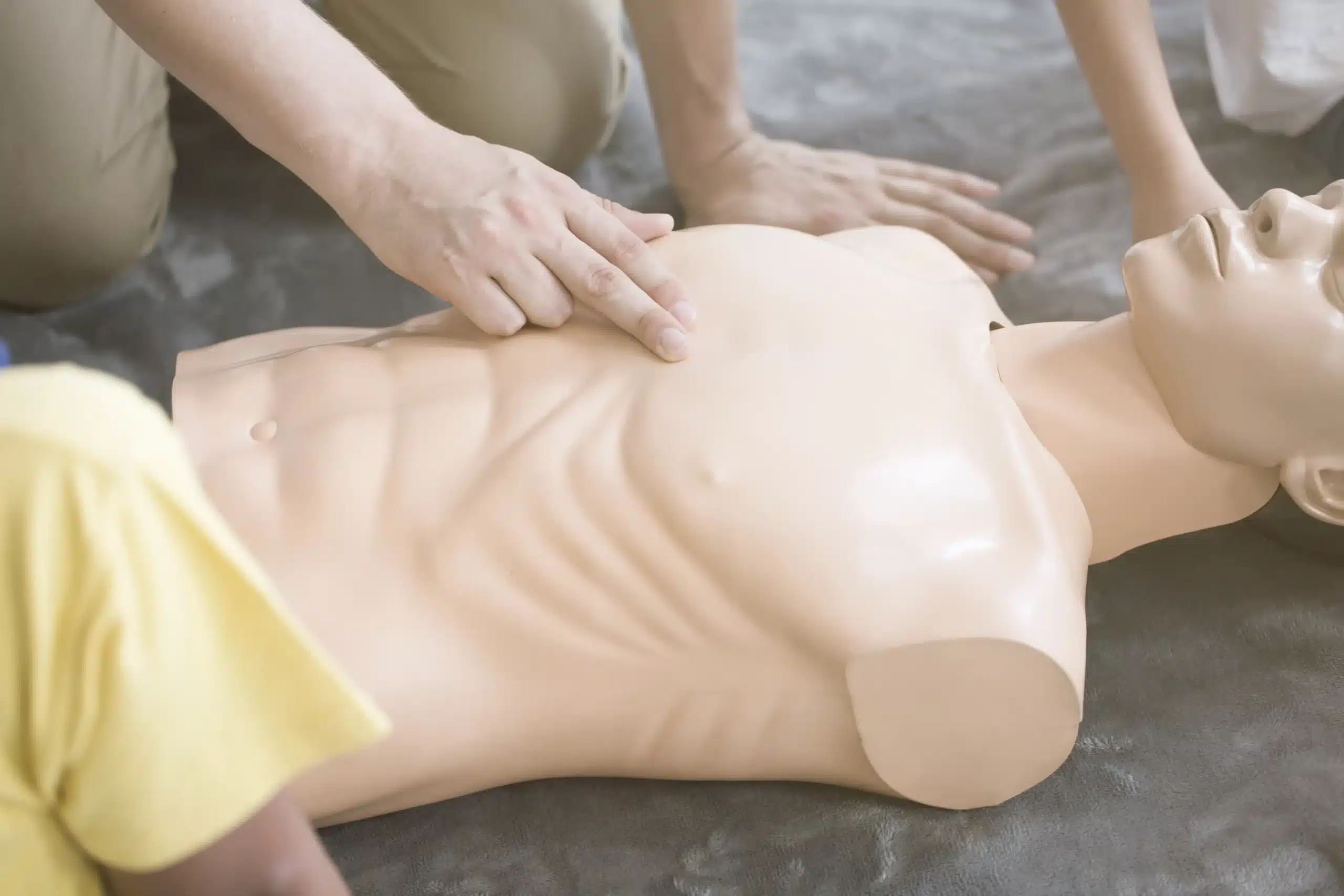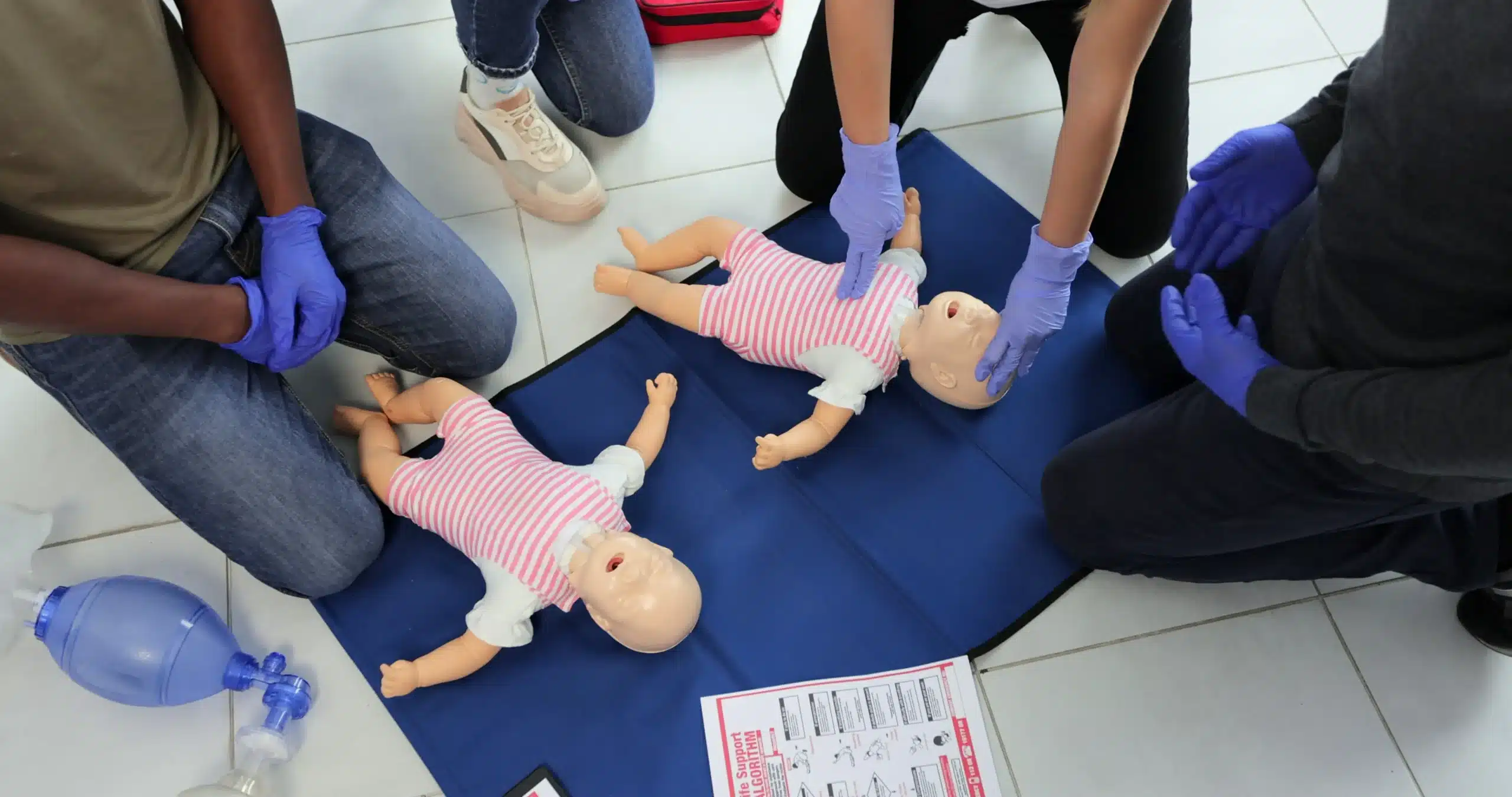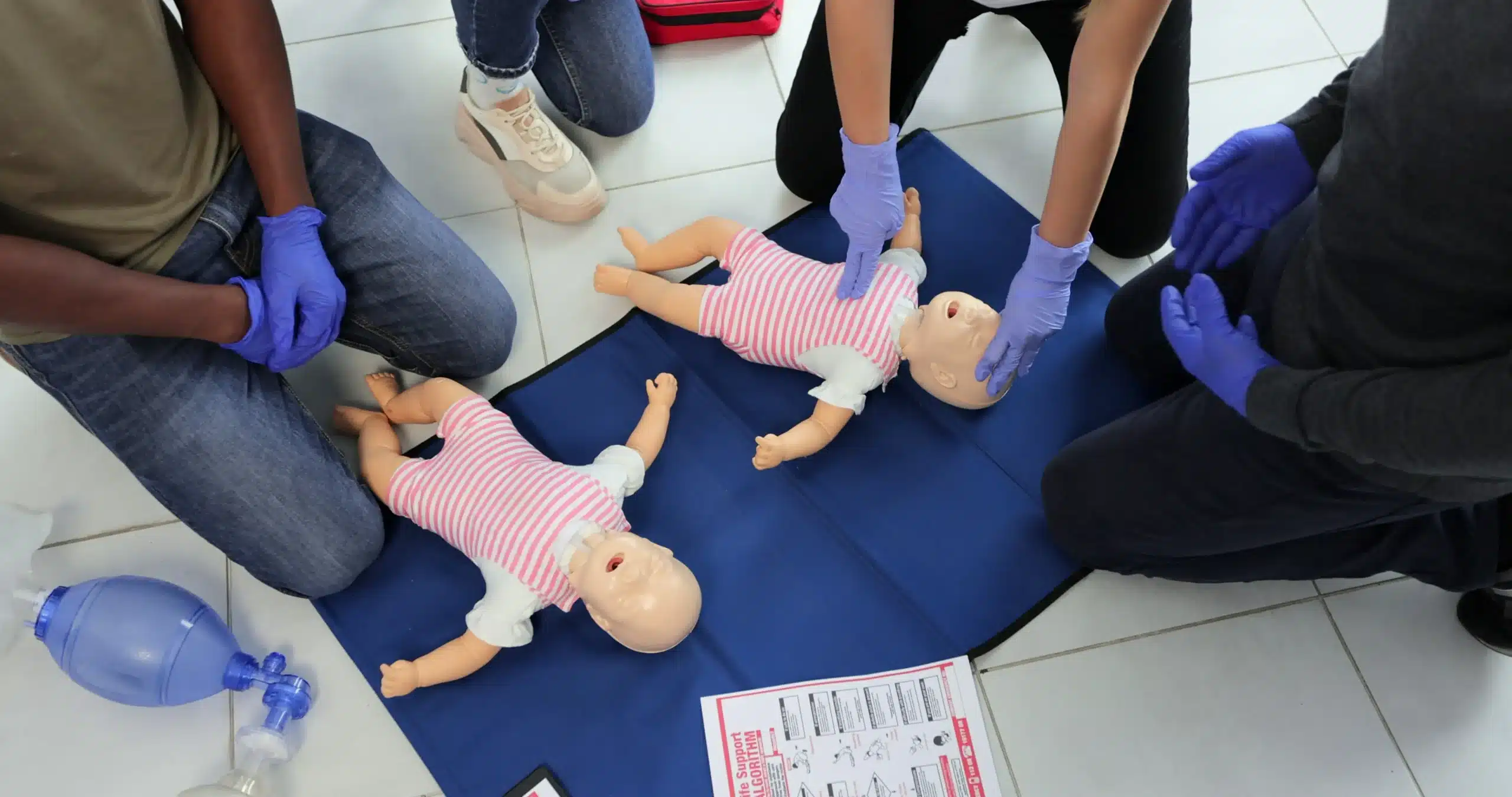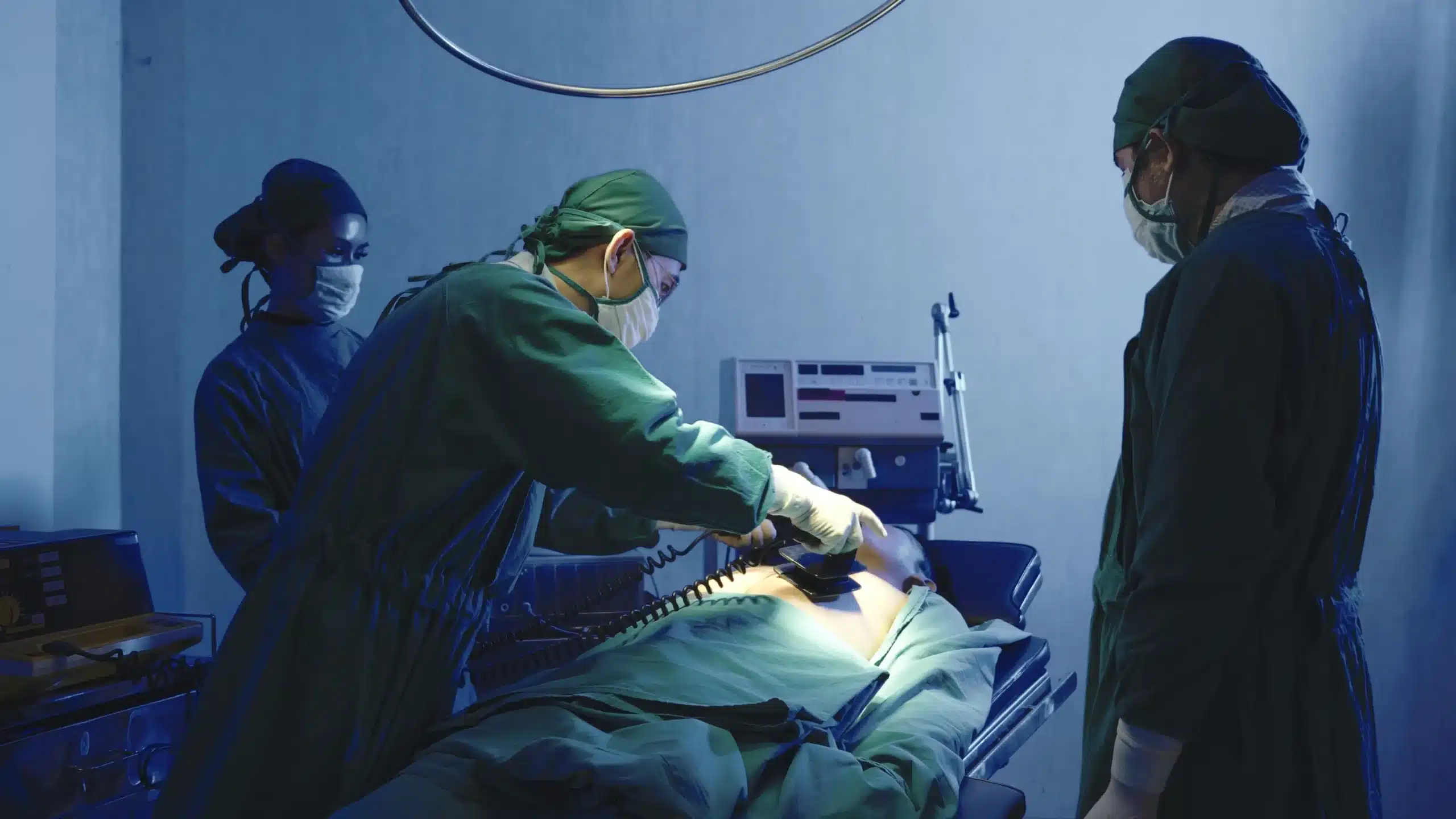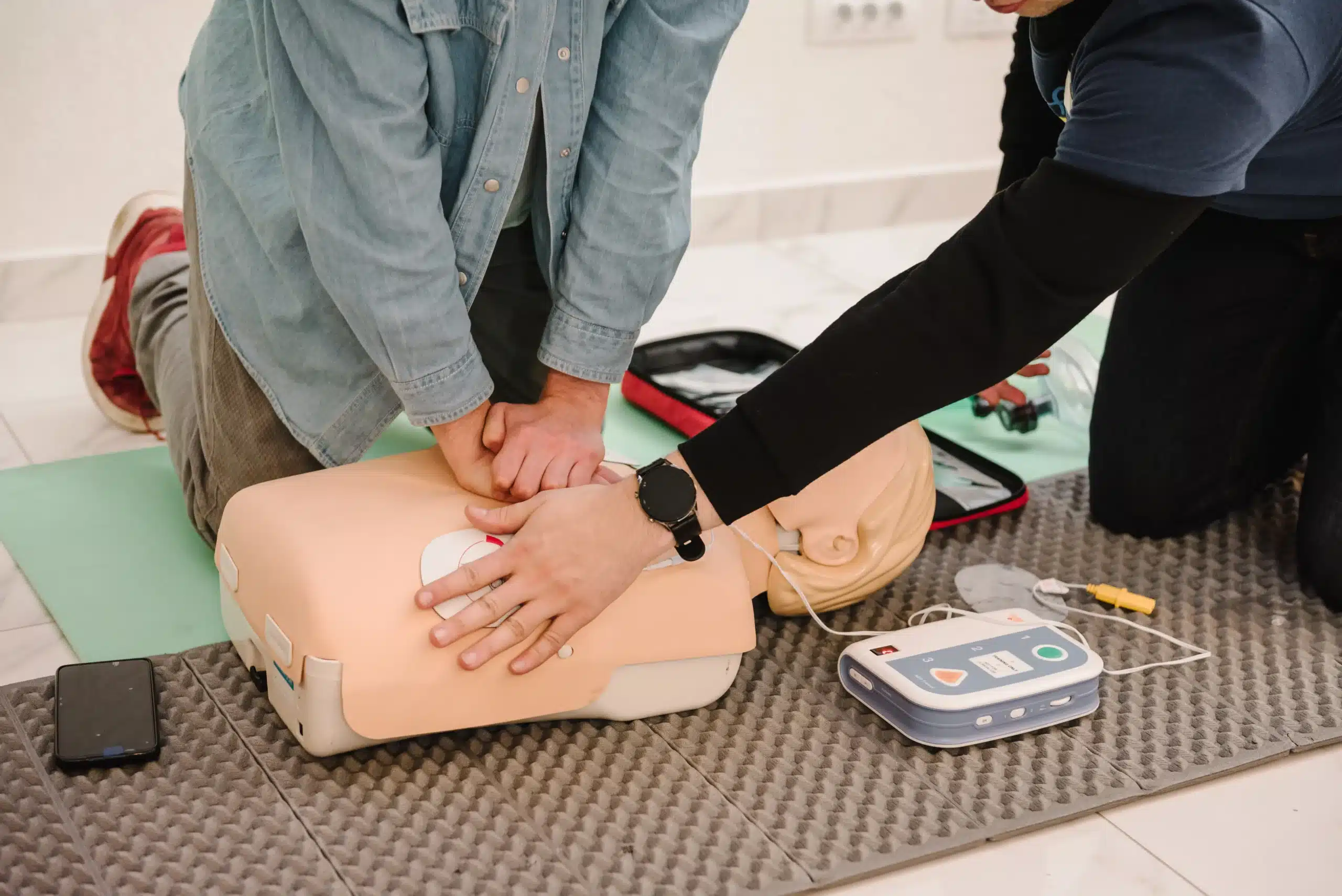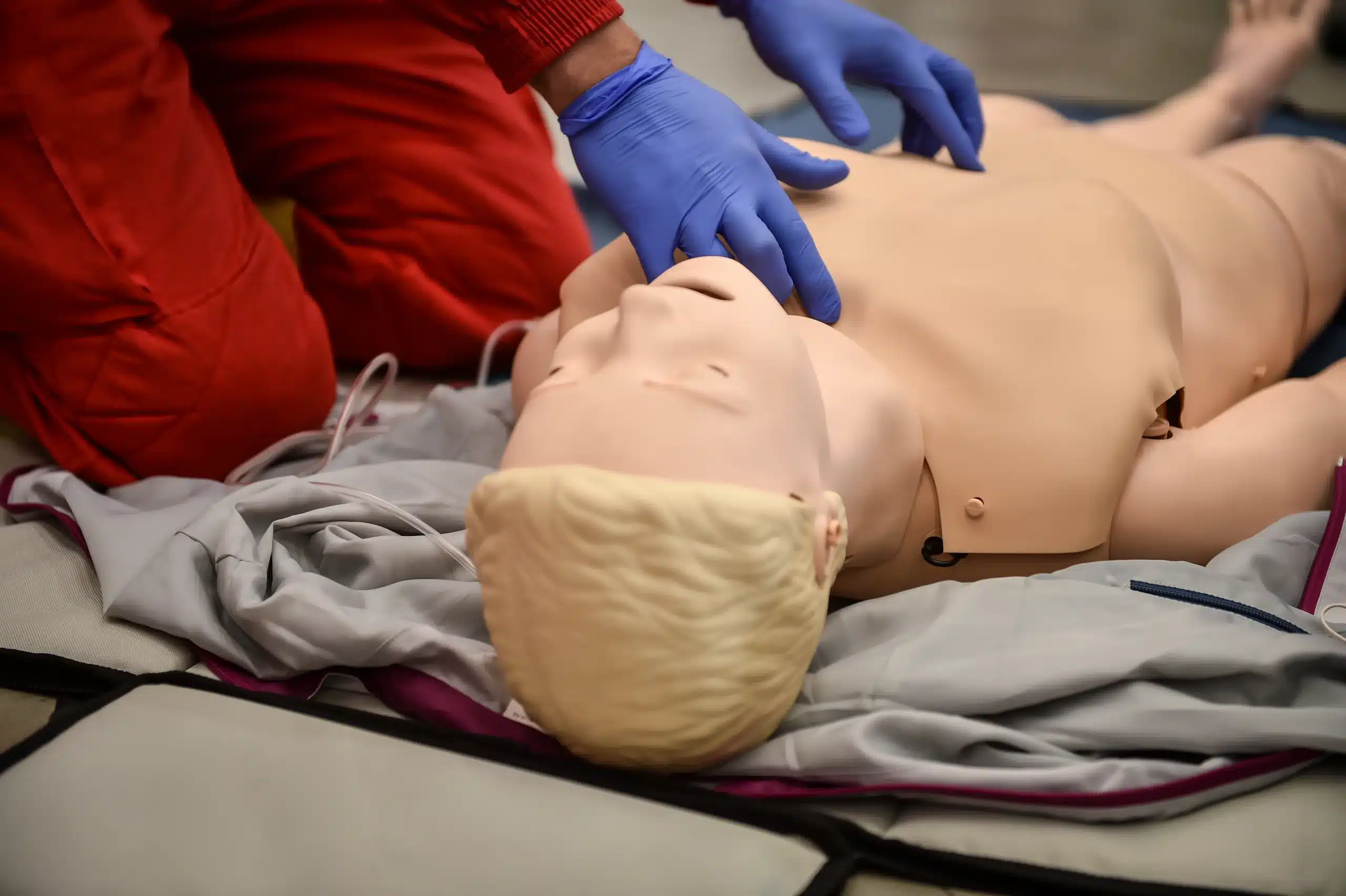Are you a healthcare professional looking to enhance your career prospects and make a real difference in patient care? Basic Life Support (BLS) certification is a crucial credential that can significantly impact your professional journey. Beyond equipping you with life-saving skills, BLS certification offers a range of career benefits for healthcare professionals. This article will explore the importance of BLS in the healthcare field, discuss the career benefits of BLS certification for healthcare professionals, and provide valuable insights into maximizing the impact of your BLS training. We’ll cover everything from the core skills you’ll acquire to the ways BLS certification can open doors to new opportunities and elevate your career.
Key Takeaways
- BLS certification equips you with essential life-saving skills. Mastering CPR, airway management, and AED use empowers you to respond effectively to medical emergencies and provide immediate care when seconds count.
- BLS certification strengthens your healthcare career. This credential makes you a more competitive candidate, fulfills employer requirements, and opens doors to advanced certifications and specialized roles. It’s a clear signal of your commitment to professional development.
- BLS training builds valuable skills applicable beyond emergencies. You’ll gain technical proficiency, enhance crucial soft skills like communication and decision-making, and improve teamwork abilities—essential assets for any healthcare professional.
What is BLS Certification & Why is it Important?
Basic Life Support (BLS) certification equips you with essential skills to respond to medical emergencies like cardiac arrest, respiratory distress, and choking. It’s a fundamental credential for many healthcare professionals and a valuable asset for anyone who wants to be prepared to help in a crisis. But what does BLS certification entail, and why is it so important? Let’s break it down.
Key Skills You’ll Learn
BLS certification courses cover a range of life-saving techniques. You’ll learn how to perform high-quality CPR, including chest compressions and rescue breaths, for adults, children, and infants. Airway management techniques are also a key component, teaching you how to open a patient’s airway and provide ventilation. Additionally, BLS training covers the use of an automated external defibrillator (AED), a portable device that can help restore a normal heart rhythm. These skills empower you to provide immediate care during those critical first few minutes of a medical emergency. For more information, check out our CPR and First Aid Certification page.
Why BLS Matters in Healthcare
In healthcare settings, seconds can matter. BLS provides the foundational knowledge and skills to respond effectively to life-threatening situations. High-quality BLS is a critical link in the chain of survival, increasing the chances of positive patient outcomes. Whether you’re a doctor, nurse, medical assistant, or any other healthcare provider, having BLS certification demonstrates your commitment to patient safety and your ability to provide timely and appropriate care. It’s not just about having the certification—it’s about having the confidence and competence to act quickly and effectively when it matters most. See our BLS renewal courses for healthcare providers seeking recertification.
Debunking Common BLS Myths
Several misconceptions surround BLS certification. Some believe it’s only for doctors and nurses, which isn’t true. BLS certification is valuable for a wide range of professionals, from medical students and healthcare providers to teachers, coaches, and even parents. Another myth is the cost and time commitment. While there are costs associated with training, affordable options are available, and the time commitment is manageable, even for busy professionals. Consider our group discounts to make training even more accessible. Finally, BLS certification isn’t a one-time thing. Recertification is typically required every two years to ensure your skills are current and you’re up-to-date on the latest guidelines. So, don’t let these myths hold you back from gaining this essential life-saving skillset. Learn more about our certification process.
Advance Your Career with BLS Certification
As a healthcare professional, your skills and credentials directly impact patient care and your career trajectory. BLS certification is a powerful tool that can significantly enhance both. It’s not just a checkbox; it’s about demonstrating a commitment to excellence and opening doors to exciting opportunities.
Boost Your Job Prospects
In a competitive job market, BLS certification gives you an edge. It signals to potential employers that you have essential life-saving skills and are dedicated to providing high-quality patient care. This can make you a more competitive candidate, increasing your chances of getting hired and potentially earning a higher salary. Whether you’re starting out or aiming to advance, BLS certification shows your commitment to professional development. It tells employers you’re willing to invest in yourself and your patients.
Meet Employer Requirements
Many healthcare employers and regulatory bodies require BLS certification as a condition of employment, especially for roles involving direct patient care. This includes positions like nurses, physicians, and emergency medical technicians. Earning your BLS certification ensures you meet these requirements and remain eligible for a broader range of opportunities. Don’t let a missing certification limit your career options. Explore our BLS certification courses to get started.
Open Doors to Specialized Roles
BLS certification can be a stepping stone to specialized roles within healthcare. Advanced certifications, such as ACLS and PALS, often list BLS certification as a prerequisite. By obtaining your BLS certification, you’re not only improving your current skillset but also preparing for future career growth and specialization. It shows you’re ready for increased responsibility and contributing at a higher level. Consider BLS certification an investment in your future, opening doors to advanced training and career advancement.
Develop Skills Beyond Emergency Response
Earning your BLS certification develops valuable skills applicable far beyond emergency situations. It’s an investment in your overall professional development, enhancing your capabilities in various aspects of healthcare.
Gain Technical Proficiency
BLS certification provides a strong foundation in critical life-saving techniques. You’ll master essential skills like CPR, airway management, and how to use an AED. These technical skills are fundamental for any healthcare professional, equipping you to respond effectively during medical emergencies. This training instills confidence and competence, allowing you to provide crucial care when it matters most. For healthcare providers in Alameda, Safety Training Seminars offers a range of courses.
Enhance Soft Skills with BLS Training
Beyond technical skills, BLS training cultivates important soft skills. Learning to manage high-pressure situations with composure and make quick, informed decisions are invaluable assets in any healthcare setting. BLS courses often involve simulated emergency scenarios, providing a safe environment to practice these skills and build your confidence. This translates to improved decision-making and critical thinking abilities, benefiting your daily work and interactions with patients. Consider checking out Safety Training Seminars for more information.
Improve Teamwork & Communication
Effective teamwork and communication are paramount in healthcare, especially during emergencies. BLS training emphasizes these skills, teaching you how to collaborate effectively with colleagues under pressure. You’ll learn to communicate clearly and concisely, share information efficiently, and work together seamlessly as a team. These improved communication and teamwork skills are essential for providing optimal patient care and creating a positive and collaborative work environment. Register for a BLS course to enhance these crucial skills.
Improve Patient Care & Grow Professionally
As a healthcare professional, your primary focus is always patient well-being. BLS certification equips you with the skills to make a real difference in critical situations, directly impacting patient care and your professional growth.
Respond Better in Emergencies
BLS training empowers you to respond effectively in emergencies. Think about those crucial moments during a cardiac arrest, choking incident, or near-drowning experience. Having the training to react swiftly and confidently can significantly improve a patient’s chances of survival. It’s about being prepared to provide immediate, life-saving care when it matters most. This BLS training provides healthcare providers with the skills to manage these situations. For more information on why BLS training is so important, check out this article on basic life support.
Improve Patient Safety & Outcomes
High-quality BLS is a cornerstone of effective emergency care. When delivered according to established guidelines, it’s linked to better patient outcomes. This means your BLS skills directly contribute to a safer environment and improved health outcomes for your patients. It’s not just about responding to emergencies; it’s about providing care that aligns with best practices and leads to positive results. The American Heart Association offers guidance on BLS training for healthcare providers.
Build Confidence & Decision-Making Skills
Beyond the technical skills, BLS training cultivates confidence and sharpens decision-making abilities. It helps you stay calm under pressure, communicate effectively with your team, and make informed choices quickly. These skills are invaluable in any healthcare setting, empowering you to provide better care and advance your career. Consider joining a group BLS class to practice these skills with your colleagues. It’s about more than just knowing what to do; it’s about having the confidence to do it effectively.
Get the Most Out of Your BLS Certification
BLS certification is a valuable asset, but it’s not something you can simply check off your list and forget about. To maximize its impact on your career and patient care, take these steps to fully leverage your training.
Keep Your Certification Up-to-Date
Your BLS certification has an expiration date. Renewing it demonstrates your ongoing commitment to providing high-quality patient care and staying current with the latest American Heart Association guidelines. Maintaining a current certification is often a requirement for healthcare employers. Letting your certification lapse can create complications, so stay ahead of the game and mark your renewal date on your calendar.
Use BLS Skills Across Healthcare
BLS skills are valuable in various healthcare settings. Whether you’re a doctor, nurse, medical assistant, or therapist, your BLS training can make a difference. These skills aren’t just about knowing procedures; they’re about building confidence and teamwork, crucial for any effective emergency response. Look for opportunities to use your BLS skills, whether assisting in a code or supporting a patient in distress.
Leverage Certification for Career Growth
A BLS certification adds value to your resume, making you stand out among your peers. It signals to potential employers your dedication to professional development and patient safety. Highlighting your BLS credentials can open doors to specialized roles or promotions, giving you a competitive edge. Showcase your BLS certification on your resume, LinkedIn profile, and professional networking platforms. Consider pursuing advanced certifications like ACLS or PALS to further enhance your career prospects.
Related Articles
- BLS Training in Alameda: The Ultimate Guide – Alameda CPR Classes
- CPR vs. BLS: Which Certification Do You Need? – Alameda CPR Classes
- BLS Courses in Berkeley: Your Complete Guide – Alameda CPR Classes
Frequently Asked Questions
Who should get BLS certified?
While healthcare professionals often require this certification, anyone can benefit from BLS training. From teachers and coaches to parents and caregivers, having these skills can make a difference in any emergency. It’s about being prepared and empowered to help when it matters most.
How long does BLS certification last, and how do I renew it?
BLS certification is typically valid for two years. Renewal involves completing a refresher course to ensure your skills and knowledge are up-to-date with the latest guidelines. Check with your certifying organization or employer for specific renewal requirements. Staying current with your certification demonstrates your commitment to providing high-quality care.
What’s the difference between BLS and CPR certification?
BLS certification encompasses CPR but goes further, covering a broader range of skills like using an AED and managing airways. Think of CPR as one piece of the larger BLS puzzle. BLS training provides a more comprehensive approach to emergency care.
How can BLS certification benefit my career, even if I’m not in a medical field?
BLS certification demonstrates valuable skills applicable in various professions. It shows employers you’re prepared to handle emergencies, work effectively under pressure, and prioritize safety. These qualities are assets in any field, from education and childcare to corporate settings.
Where can I find affordable and reliable BLS certification courses?
Several organizations offer BLS certification courses, including the American Heart Association, the American Red Cross, and various local training centers. Research different providers to compare costs, schedules, and course content. Look for courses that fit your budget and learning style. Consider factors like class size and instructor experience when making your decision.


